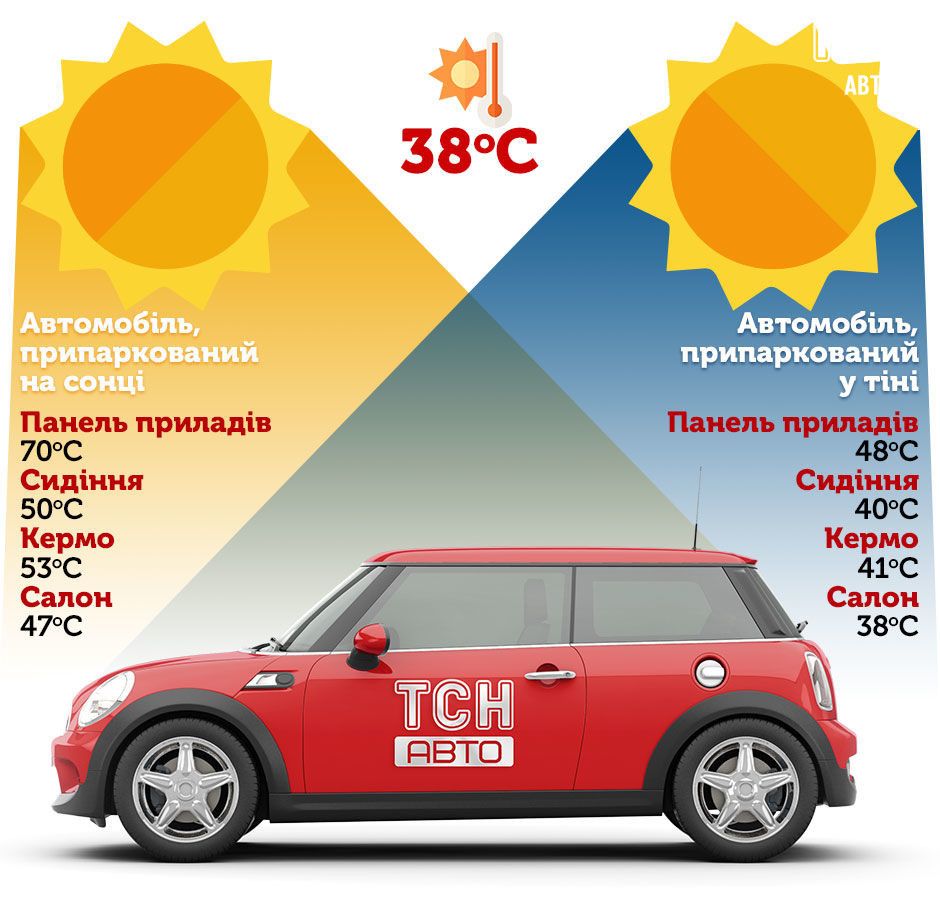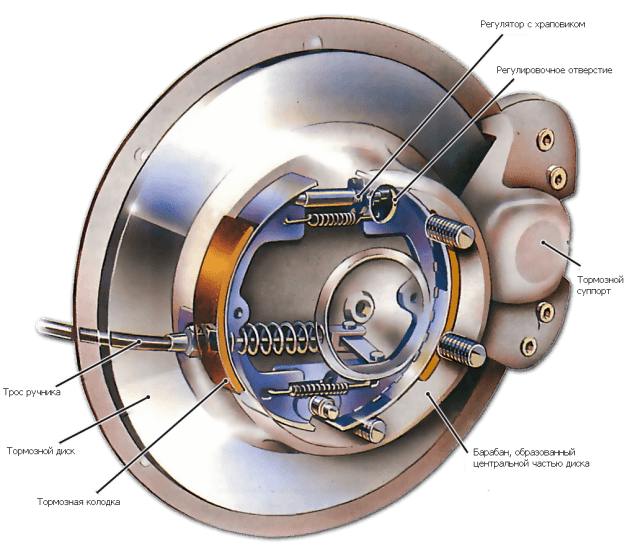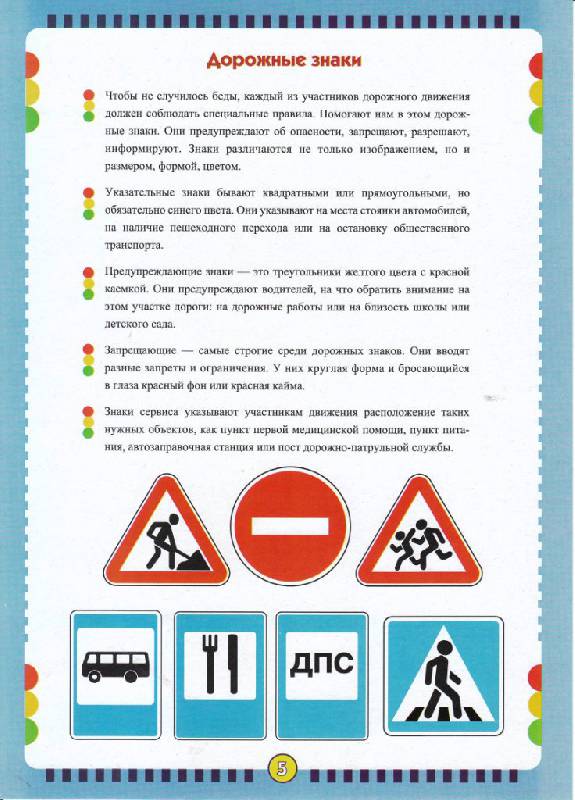
How to keep your car from overheating
Content
Summer is the most popular time of the year for road trips, hiking weekends and sunny days at the beach. Summer also means rising temperatures, which can take a toll on cars, leading many people to rely on their cars to get to their destinations, and traffic is usually the biggest problem for them. However, there is another potential problem - on particularly hot days or in particularly hot areas, there is a real risk of your car overheating during normal use. Here is a list of the best ways to prevent an unhappy car from being filled with unhappy passengers.
Check the coolant level and top up if necessary
Engine coolant is the fluid that flows through the engine to regulate the operating temperature and prevent it from overheating. If the level is below the minimum mark on the tank, then there is a significant risk of engine overheating. A low coolant level also indicates a coolant leak and the vehicle should be inspected by a professional technician. Check the rest of the fluids while you do this as they are all vital as well.
Always keep an eye on your car's temperature gauge
Your car or truck probably has a variety of sensors and indicator lights to alert you to any problems with your vehicle. These sensors should not be ignored as they can provide very valuable information about the condition of your vehicle. You can use a temperature gauge to see if the engine is starting to run too warm, which could indicate a problem. If your car doesn't have a temperature sensor, you should consider getting a secondary digital sensor that plugs right into the OBD port and provides you with tons of useful information.
Regular flushing of the coolant must be performed by a qualified technician.
Coolant flushing is considered a routine maintenance for most vehicles, so it is important to make sure that these maintenance services are completed in a complete and timely manner. If a coolant flush is not part of your scheduled maintenance or you are not performing scheduled maintenance, I would recommend changing the coolant regularly. If the manufacturer does not specify an interval or it seems too long, I suggest every 50,000 miles or 5 years, whichever comes first.
Turn off the air conditioner in very hot conditions
Although it seems cruel and inhuman, using the air conditioner when it is very hot outside can cause the car to overheat. When the air conditioner is running, it puts a lot of extra stress on the engine, causing it to work harder and, in turn, get hotter. As the engine heats up, the coolant also heats up. If it's very hot outside, the coolant can't dissipate that heat effectively, eventually causing the car to overheat. So while turning off the air conditioner can be inconvenient, it can keep your car from overheating.
Turn on the heater to cool the engine.
If your engine starts to overheat or run too hard, turning the heater on at maximum temperature and maximum speed can help cool it down. The heater core is heated by the engine coolant, so turning the heater motor and fan on to maximum has the same effect as airflow through the radiator, only on a smaller scale.
Thoroughly inspect your vehicle
It's always a good idea to have your car thoroughly inspected at the start of the season, before any big trips or strenuous journeys. Have a qualified technician inspect the entire vehicle, checking hoses, belts, suspension, brakes, tires, cooling system components, engine components, and everything else for damage or any other potential problems. This will help you detect any issues and fix them before they become major problems that leave you stranded.
Following a proper maintenance schedule year-round and making repairs as needed is the best way to keep your car in top shape. But even taking this into account, it is impossible to guarantee that the car will drive all summer without problems. We hope these tips help keep your car from overheating from ruining your summer plans.

